Since You Went Away (1944)
By Toronto Film Society on May 18, 2020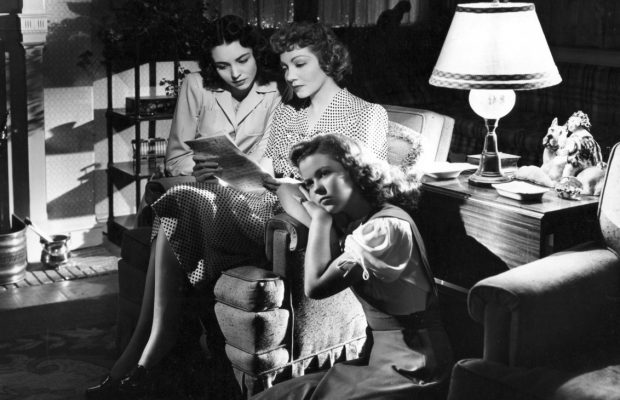
Toronto Film Society presented Since You Went Away (1944) on Sunday, November 11, 1984 as part of the Season 37 Sunday Afternoon Film Buffs Series “A”, Programme 4.
Production Company: The Selznick Studio. Producer: David O. Selznick. Director: John Cromwell. Screenplay: D.O. Selznick, from a story by Margaret Wilder. Photography: Stanley Cortez, Lee Garmes. Music: Max Steiner. Production Design: William L. Pereira. Sets: Mark-Lee Kirk. Editor: Harold Kern. Dance Director: Charles Walters.
Cast: Claudette Colbert (Anne Hilton), Jennifer Jones (Jane Hilton), Shirley Temple (Bridget), Joseph Cotten (Lt. Anthony Willett), Monty Wooley (Colonel Smollett), Robert Walker (Corporal William C. Smollett), Lionel Barrymore (Clergyman), Agnes Moorehead (Emily Hawkins), Guy Madison (Harold), Craig Stevens (Danny Williams), Albert Basserman (Dr. Sigmund Golden), Nazimova (Woman Welder), Keenan Wynn (Lieutenant Solomon), etc., etc.
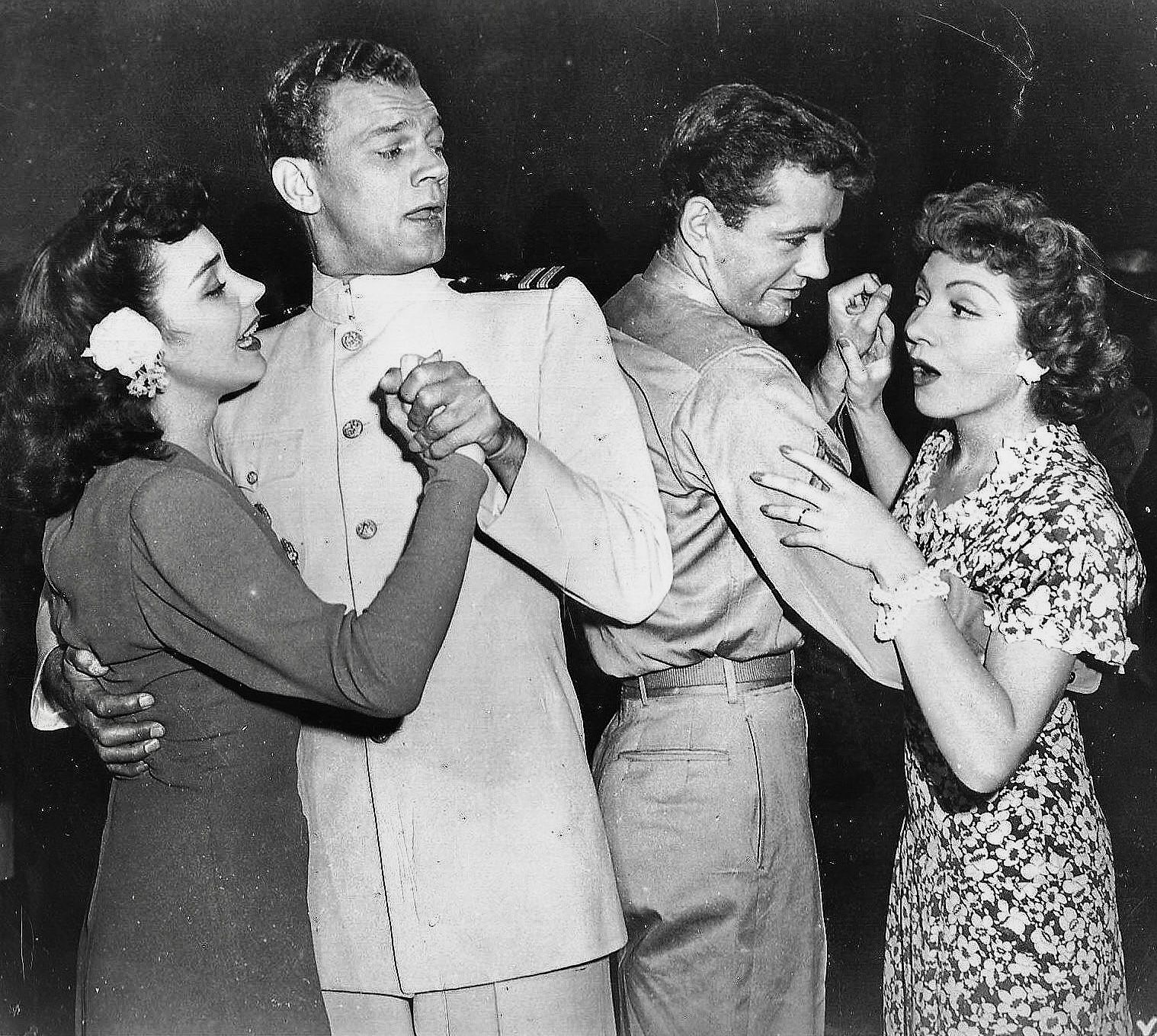
In 1944, an advertising slogan for today’s film read “Since You Went Away–the four most important words since Gone With the Wind“. The connection, of course, was the producer, David O. Selznick, who had brought the Margaret Mitchell great novel of the Old South to the screen in 1939.
Unlike most producers, then and now, who were and are generally anonymous, low-profile individuals, Selznick (1902-1965) was by his own choice, one of the best-known producers ever to work in Hollywood. He charted this course deliberately, both as publicity for his films, and to satisfy his own considerable ego. However, he deserved the accolades and continual attention, for probably no other producer ever poured so much effort, so much caring into his films. Much has been written about his obsession with every last detail of his films, his battles with directors, cameramen and composers, and he remains a controversial figure; but in the final analysis David Selznick, with his many faults, was a man who loved making films and spared no effort to make each one the best he possible could. If at times he missed the mark, all of his films nevertheless reflect his credo to make films “in a tradition of quality”.
David Selznick once wrote “A motion picture is like a painting. Instead of oil paints, it uses talents and personalities to fill its story. But each artist must paint his own picture and sign it.” True to his word, Selznick accepted ultimate responsibility, be it success or failure, for his pictures: the last credit to appear on the screen is usually the director’s; not, however, in a Selznick picture. Ironically, although Selznick only produced a handful of pictures, his studio’s opening trademark, thanks to Gone With the Wind is more familiar to movie goers than the 20th Century Fox searchlights and the Columbia lady with the torch. In the dreariness of 1984, when studios, seemingly afraid to show any class in opening their pictures, usually start off with a characterless “modern art” logo followed by a black screen, it is indeed refreshing to see once again the Selznick signpost, accompanied by the beautiful chimes and fanfare, followed by the exterior of the Selznick Studio. The vertically unrolling credits were another favourite Selznick technique; in Since You Went Away, against a fireplace symbolizing the home fires burning.
Among the other Hollywood studio heads of the day,–Darryl Zanuck, Jack Warner, et al, who never made it past public school–Selznick stood out by possessing a decent education: he had passed through high school and attended Columbia University. A very well-read, intelligent, articulate man, Selznick had no qualms about rewriting dialogue, and in fact, made the entire screenplay for Since You Went Away.
The picture, his first since 1940’s Rebecca, stemmed from his desire to pay tribute to the families who were coping with the difficulties and uncertainties of everyday life while husbands were serving in the armed services during World War II. Of course, the mythical Hilton family, living in a luxurious Colonial style house complete with maid, was hardly the typical American family, and contemporary critics voiced their usual proletarian carpings about this “Hollywood gloss”. Selznick, however, was guilty of nothing more than giving the public what it wanted: attractive people in attractive surroundings, an escape from dreary reality.
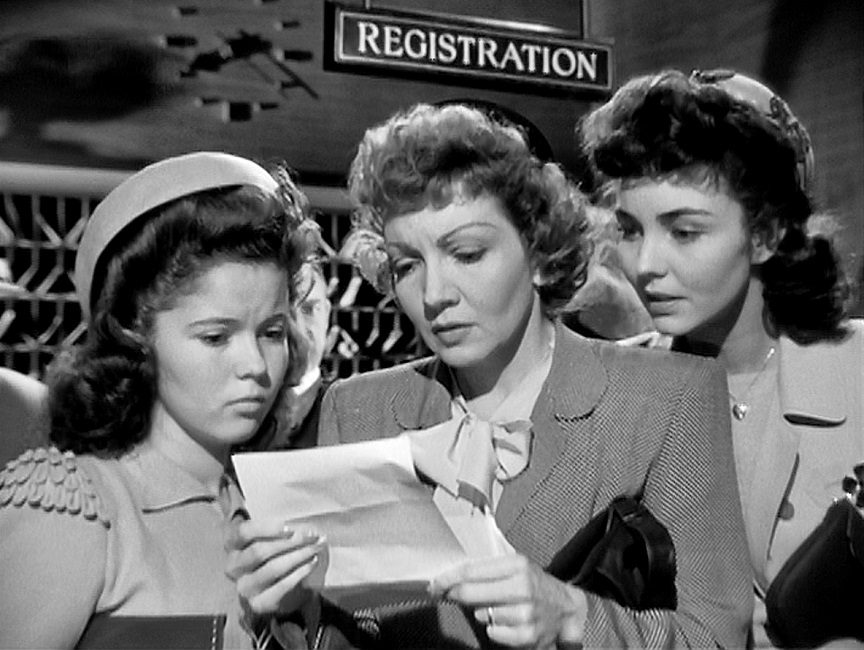
In any event, the Hilitons come across as a real family, undergoing all of the worries and difficulties of a family coping with war. Selznick assembled an outstanding cast, but the best performance was undeoubtedly by Claudette Colbert as Anne Hilton: a warm, sincere, sympathetic woman, hiding her loneliness for fear that her husband has been killed. Miss Colbert, who was born in Paris in 1905, moved to New York City with her parents at age six. While working as a stenographer, she realized her ambition to become an actress, debuting in 1923 in the play The Wild Westcotts after a dramatic meeting with the play’s author. Her first film came in 1927, directed by a man who would guide her to an Academy Award-winning performance in 1934’s It Happened One Night–Frank Capra. With the coming of sound, Miss Colbert’s warm, rich voice, her throaty laugh, her flair for comedy stood her in good stead, and she was soon on her way to the top. A change of pace came in DeMille’s 1932 epic The Sign of the Cross when she played the scheming, evil “Poppaea”. Her long film career petered out in the 1950’s, but today she still acts on the stage, currently in London’s West End opposite Rex Harrison.
Joseph Cotten was another major “plus” in the cast of Since You Went Away. As the old family friend, Cotten was excellent, playing the part of a former beau of Claudette Colbert with great charm and Humour. As an example of Cotten’s versatility, one need only go back one year to his portrayal of the moody, violent, psychopathic Killer, Charlie Oaklie, in Alfred Hitchcock’s classic suspense thriller Shadow of a Doubt.
Cotten was born in Petersburn, Viriginia and grew up in Florida. In common with fellow Southerner Dana Andrews, traces of his mellow, dignified Southern accent lingered in his rich, resonant voice. During the 1930’s Cotten acted extensively on stage, then switched to radio in 1937 in Orson Welles’ Mercury Theater company. His first significant film role was in Welles’ Citizen Kane (1941), one of the most innovative and highly-praised films of all time.
Jennifer Jones appeared in Since You Went Away following her Oscar-winning triumph in 1943’s The Song of Bernadette. Born in Tulsa, Oklahoma, of theatrical parents, she studied at the American Academy of Dramatic Arts, where she met her future husband, co-star Robert Walker. After several roles in Republic programmes she was signed by Selznick in the early 1940’s, who saw her potential but realized that she needed more training and experience, which Miss Jones subsequently acquired on stage and at drama school. As Jane Hilton, the older daughter, she was bright-eyed and bushytailed, as one writer described her. Like her screen mother, Claudette Colbert, she was able to insert warmth and sincerity into her role of a young girl falling in love for the first time. Ironically, her marriage to Robert Walker was disintegrating during filming, and it is a tribute to their professionalism that they were able to continue working together, portraying two lovers convincingly. The scene of their parting at the railroad station, to Max Steiner’s wonderfully romantic score, is one of the screen’s classics. A versatile actress, Miss Jones portrayed everything from saints to sluts during her career. In 1949, she married Selznick who took an obsessive interest in her career, subordinating all his activities to arranging her success.
Robert Walker is one of Hollywood’s tragedies. A former radio and stage actor, he obtained his first significant role in MGM’s Bataan (1943) as a garrulous soldier, then followed in a starring role in 1944’s See Here, Private Hargrove. He embodied the same friendly, mild-mannered, helpful, boy-next-door qualities as Van Johnson and James Stewart. Robert Walker subsequently appeared as Jerome Kern in Till The Clouds Roll By and as Brahms in Song of Love. Most of the rest of his roles were in comedies or romances. However, Robert Walker will always be remembered for a very untypical portrayal of the unbalanced killer, Bruno Anthony in Hitchcock’s Strangers On a Train (1951). Like many actors, a very insecure person, Walker drank to excess and also suffered from mental problems. He died in August 1951 of respiratory failure when a doctor administered a sedative. One of his two sons by Jennifer Jones, also named Robert, has acted in minor films over the years.
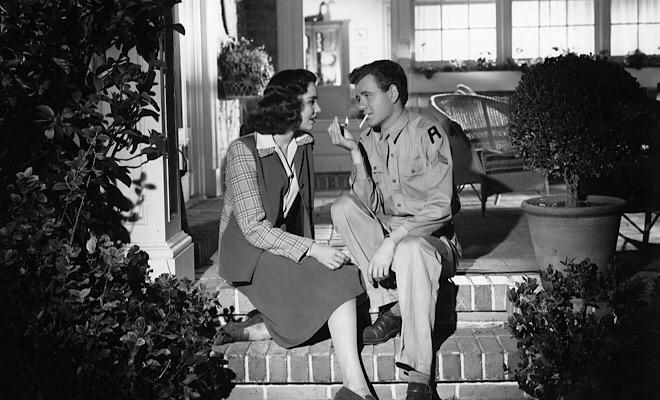
Of Shirley Temple’s portrayal of the younger Hilton daughter, Bridget, suffice to say that it is obvious why the former child star was never successful as an adult actress.
The rich, textured look of Since You Went Away is due to the exquisite camerawork of two of Hollywood’s finest cameramen: Stanley Cortez and Lee Garmes. In their use of light and shadow, they made the picture’s images fairly glow. Truly, they were artists who painted with light. Their work showcases the lost art of black and white cinematography at its best. Garmes took over from Cortez (who in 1942 shot Welles’ The Magnificent Ambersons) when Cortez was called into the Army. Garmes later wrote: “We made sure that every lamp cast the same beam that it would normally, and that the light always came from precisely the correct source, with nothing tinted at all; a film truthful to life in its visual style”.
Forty years after its release, Since You Went Away is perhaps a film of its time and place; a romantic, sentimental picture in the Selznick tradition. Nevertheless, professionalism–acting, technical, and literary–never goes out of style, and these characteristics are evident throughout the picture. It is still a film to be enjoyed.
Notes by John Thompson
You may also like...
-
News

Frances Blau
Toronto Film Society | February 27, 2024On Monday, February 26th, 2024, Toronto Film Society lost longtime friend, supporter, and board member Frances Blau. Known for her sense of humour, her love of film, her generosity,...
-
Special Events

Monday Evening Film Noir Double Bill at the Paradise Theatre
Toronto Film Society | July 8, 2024The Toronto Film Society presents a film-noir double feature at one low price! The Window (1949) in a double bill with Black Angel (1946) at the Paradise Theatre on Monday, August...
Programming

Virtual Saturday Night at the Movies
Toronto Film Society | July 20, 2024Toronto Film Society is back in the theatre! However, we’re still pleased to continue to bring you films straight to your home! Beginning Season 73 until now we have...
4-
 Toronto Film Society | July 8, 2024
Toronto Film Society | July 8, 2024
Monday Evening Film Noir Double Bill at the Paradise Theatre
-
 Toronto Film Society | November 6, 2022
Toronto Film Society | November 6, 2022
-
 Toronto Film Society | August 1, 2023
Toronto Film Society | August 1, 2023
Donate to Toronto Film Society – We’re now a Registered Charity!
-
Copyright © 2017 Toronto Film Society.

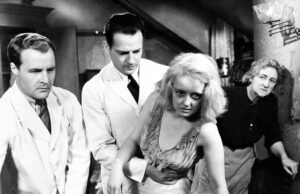
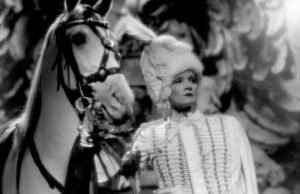
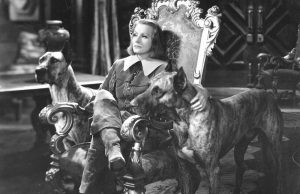
Leave a Reply